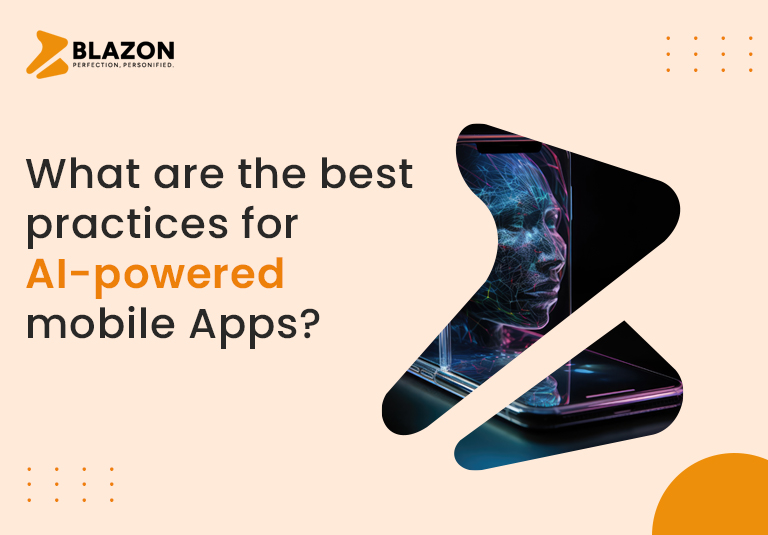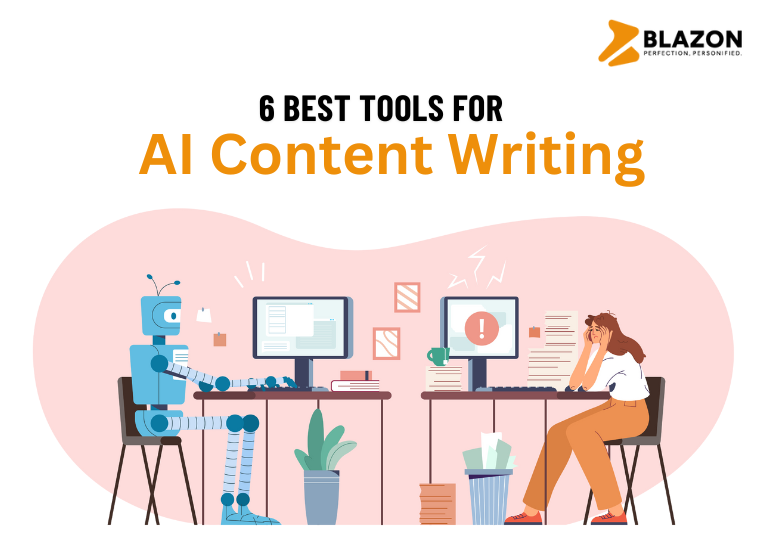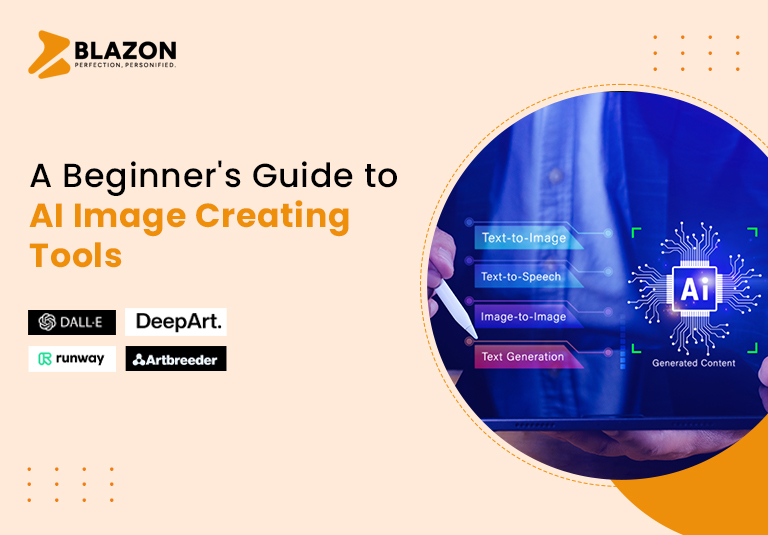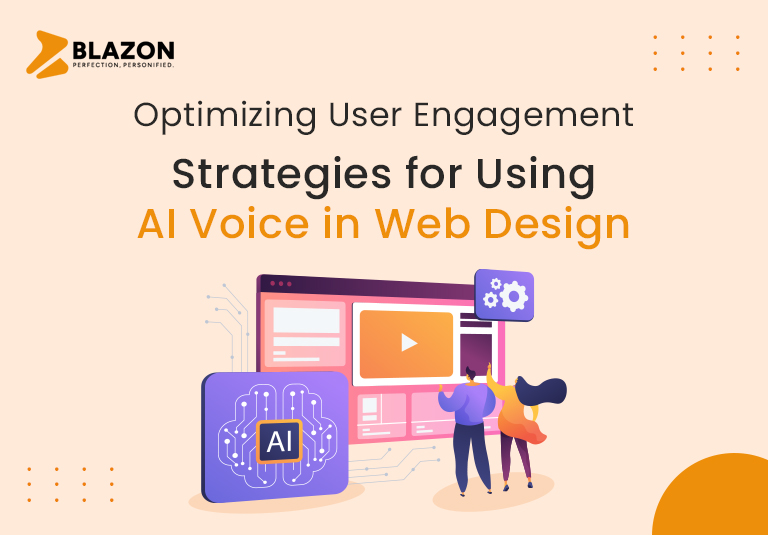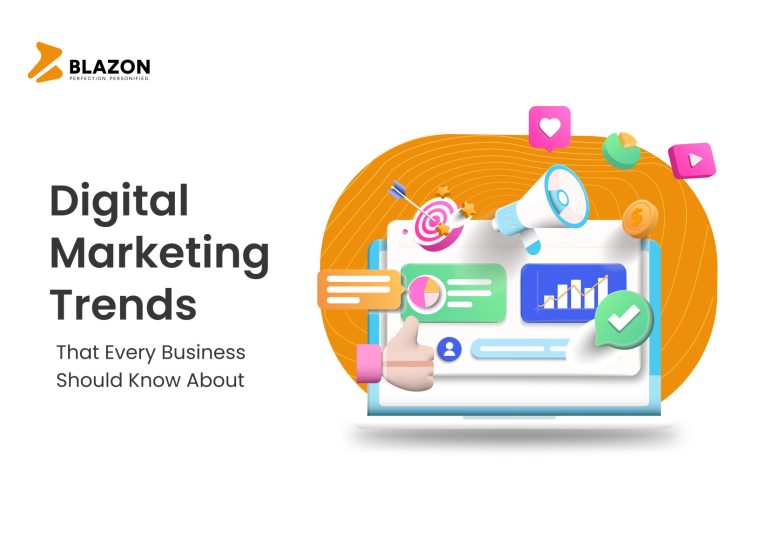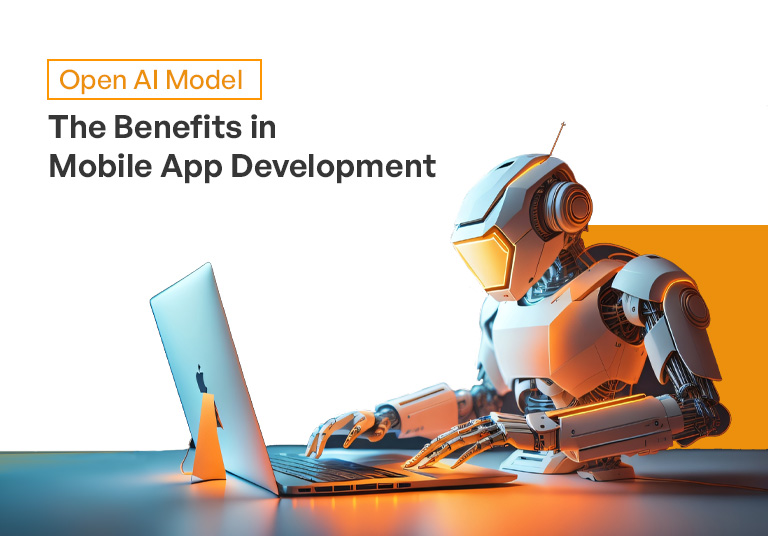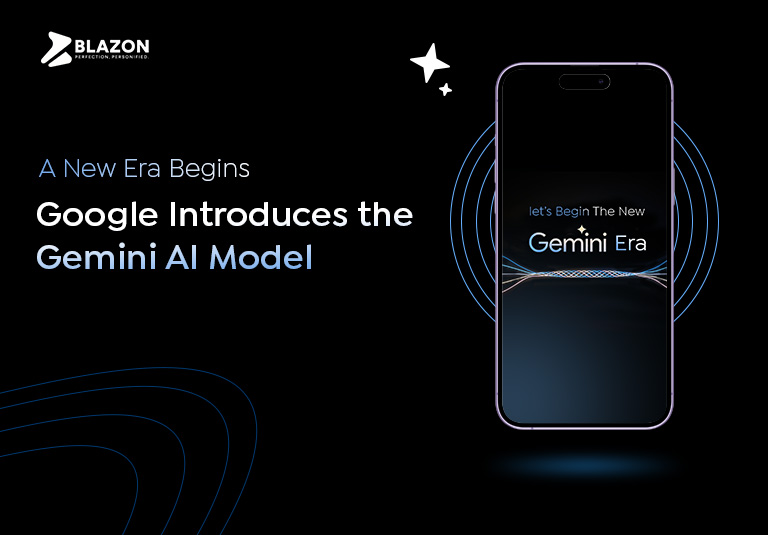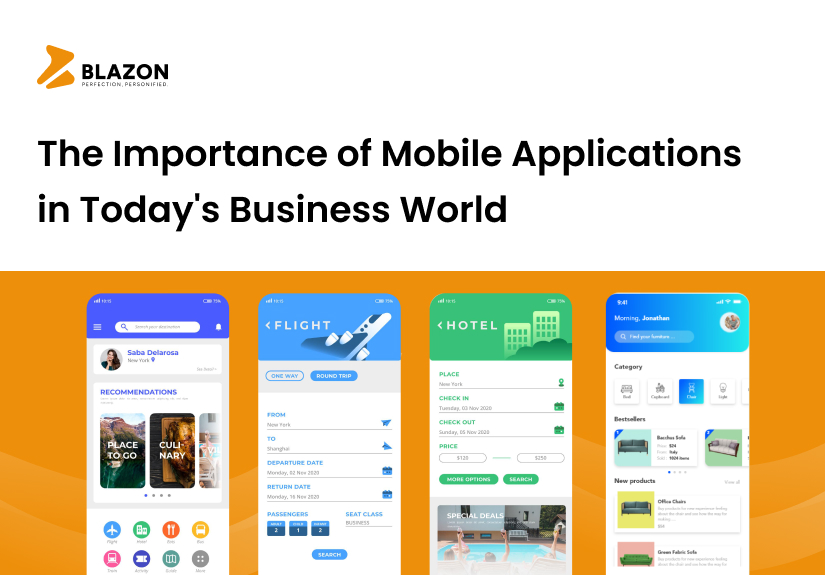According to research done by Allied Market Research, the demand for AI market shall continue to grow steeply from $8. 56 billion in 2020 to $84 billion, which shows that the value and importance of the act of consuming is not lost, with the growth of the buyers’ and sellers’ economy reaching 80 billion by 2030 at a CAGR level of 26 percent in consumption. AI App Development Company transforms user experience with high-performing mobile apps. It is further anticipated to reach a percentage of 44% within the time period of 2021 to 2030. Current studies indicate that more than 70% of customers engage daily in the usage of intelligent mobile applications. In contrast, the market of intelligent mobile app development is expected to grow up to $73.27 billion by 2027.
What is AI?
Artificial Intelligence is a vast subject that covers certain specific branches depending on the type of learning and the field of application, such as Machine learning—deep learning, computer vision, natural language processing, robotics, etc. It can also make machines act smart by creating algorithms with abilities akin to reasoning and decision-making.
Advantages of AI-powered Mobile Apps
The idea of integrating AI features in Mobile applications is effective for different purposes and returns numerous advantages to users, developers, and businesses. Here are some key advantages:
Personalization
- Tailored Experiences: AI possesses the capability to study the behavior and characteristics of the users to deliver customized content, suggestions, and products/services. This leads to user involvement and also satisfaction as they are able to access the information they require whenever they need it.
- Adaptive Interfaces: Thus, AI can change the layout of the apps and make them look better as they are adapted to the user’s touch, making them more friendly to use.
Improved User Interaction
- Voice and Text Assistants: Periodically alerting users through call or messaging services can improve interaction with AI assistants such as Siri, Google Assistant, or custom-created chatbots by implementing natural language processing (NLP) for voice and text commands.
- Enhanced Accessibility: Each app also has accessibility features, which can make it easier for users with disabilities with the help of voice controls, text-to-speech, and other assistive tools.
Efficiency and Automation
- Task Automation: APP: The use of AI can facilitate break-taking, thus minimizing the users’ workload and maximizing productivity. This encompasses auto-scheduling to reduce the work day, auto-sorting of incoming email, and auto-entry of data into a computer program.
- Predictive Analysis: Predictive intelligence helps an app provide solutions and take proactive actions by understanding users’ needs and behaviors.
Enhanced Security
- Fraud Detection: By constantly observing the patterns that are likely to occur during mobile transactions and data processing, AI is capable of identifying suspicious activities in a given system, hence decreasing fraud and also improving security.
- Biometric Authentication: In streamlining the process of identification for access to applications and other secure contents, the use of AI improves the efficiency and effectiveness of such biometric features as fingerprint scans, face recognition, among others.
Data Insights and Analytics
- User Behavior Analysis: New AI tools help developers analyze big data regarding users’ behavior and improve the application’s existing functional and non-functional properties.
- Real-Time Data Processing: AI can, therefore, handle and analyze data as it is processed hence producing instantaneous results, allowing the apps to modify the conditions that are prevailing at any one time.
Enhanced User Engagement
- Interactive and Smart Features: Thus, with the use of AI, features like augmented reality (AR) or virtual reality (VR) can be integrated into apps with AR/VR App Development Service, as well as the implementation of the gaming element.
- Dynamic Content Delivery: It is possible to update content based on user interactions and the state of affairs, therefore keeping the profits of an app high.
Resource Optimization
- Battery Management: AI has the potential to improve current battery efficiency by controlling Resources and background processes and consequently slowing down the battery power utilization and, therefore slowing down the draining of the battery power.
- Performance Tuning: AI can also reflect real-time processing and usage of the apps and respond to such queries by optimizing the applications to be faster, more responsive, and less prone to crashes or downtime.
Customer Support
- AI-Powered Chatbots: By incorporating AI chatbots in applications, we can offer customers round-the-clock customer support in the event that they have questions or concerns about presents.
- Sentiment Analysis: It is also possible to appreciate how customer feedback can be analyzed through the use of AI to assist developers in identifying the major issues affecting their customers as well as how to redesign the specific features to meet the needs of the users.
Recommended Techniques and Strategies for Integrating Artificial Intelligence in Mobile Applications
Incorporation of AI in mobile applications must be done in the correct manner, that is, by understanding the different scenarios of AI integration properly and ensuring the end-users are at the center of it all. Here are some key best practices to consider:
Define a Clear Purpose and Value Proposition
There is nothing more notable than stating clearly and precisely what the specific AI features will accomplish, that is, the particular tasks that they will perform and the benefits they will bring to the user’s everyday experiences. When incorporating AI, make certain that it helps improve the value of the app rather than adding it just to make it an AI-powered app.
Focus on User Experience (UX) Design
Ensure that the AI-influenced components of the presented user interface are incorporated into the UX design smoothly. This includes making GUIs as uncomplicated as possible, with easy navigation and proper guidelines or descriptions for the options that AI offers.
Prioritize User Privacy and Security
One must be very clear about how, why, and what personal data they are collecting on people and do this securely. Regarding data privacy and protection, the company should conform to legal requirements and ensure that users have a measure of control over the data that is collected from them and how it is utilized.
Start Small and Iterate
Start with just a few AI functionalities and determine user preferences based on provided feedback. As users and real-world utilization grow, fine-tune models to enhance them depending on how the user interacts with them and integrate new, previously unused features as reliability becomes established.
Focus on Explainability and Transparency
Seek to make AI transparent, allowing the user to understand the thought process of the AI component in making a given decision or even sticking to a particular recommendation. This makes users trust and be more conversational with AI presence by creating interactions with their functionalities.
Address Potential Biases
Avoid producing unconscious bias in your AI models by failing to properly examine the training datasets. If you’re designing content and features for an AI environment, consider strategies to eliminate bias and make your products equitable for any person.
Utilize the Right Tools and Platforms
Implement the best tools and interfaces to help develop and integrate AI features with the business environment. Utilize unified machine learning services to create pre-configured, cloud-based AI services, AI infrastructure designed for mobile devices, and Cloud AI models with varying levels of customization for specific tasks.
Conclusion
As a result, smart, friendly, credible, and high-user-value apps for end users can be developed by following best practices to harness AI in mobility. Integrated AI into mobile applications brings heightened intelligence, interactivity, and highly targeted environments that will create better overall satisfaction and brand loyalty while also improving operational advantages and security solutions.
By making applications more convenient, effective, and precise, AI is changing the facet of mobile app development. By applying artificial intelligence to business operations, it is possible to analyze large quantities of acquired data in real-time and make relevant decisions. Through this technology consumers can equally have an opportunity to do business with apps that have distinguished and new features. Those who decided to introduce changes to the application development process and invest in Artificial Intelligence know that current customers’ needs are constantly changing, which makes it imperative to adapt to these changes and remain afloat in the market. The use of Artificial Intelligence and AR within applications can be done by hiring Augmented Reality developers to develop devices to bring social utility to the clients and profits to the investors.

